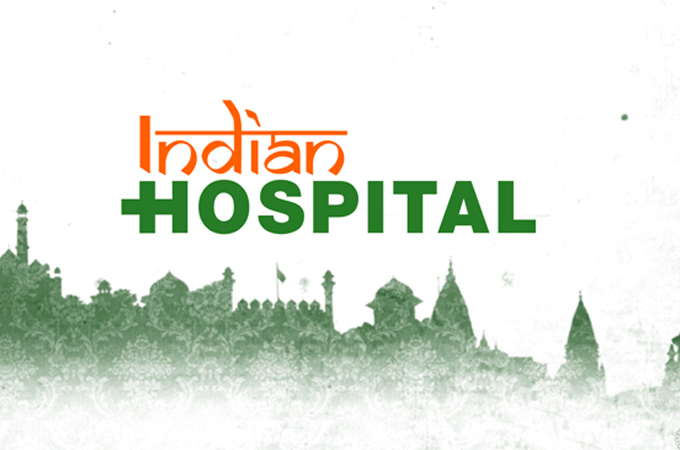From Al Jazeera
How can Dr. David Shetty's Narayana Hospital offer dialysis for only $10.00 per session? (That is only P450.00 per session vs the P2,000 or plus being charged here. It used to be P5,000 per) My mother's peritoneal dialysis was about P3,800 per and it has to be done 3x a week. She had kidney failure from diabetes; she is now deceased)
It is quite simple: by not buying the machine but having them paid on pay per use basis lessening cap ex and lowering cost. It is a win win situation for the supplier. With lower cost, the usage rate increases, narrowing gap between outright sale and ppu.How can Dr. David Shetty's Narayana Hospital offer dialysis for only $10.00 per session? (That is only P450.00 per session vs the P2,000 or plus being charged here. It used to be P5,000 per) My mother's peritoneal dialysis was about P3,800 per and it has to be done 3x a week. She had kidney failure from diabetes; she is now deceased)
It is again as per Dr. David Shetty, using economies of scale
Fifty-two-year-old Dr Lloyd Vincent is the clinical director of the dialysis services at Narayana Hrudayalaya.
Like others in his field, he is faced with a growing diabetes epidemic in India - due in large part to changing lifestyles, including a decrease in the amount of physical exercise taken and an increase in the availability of junk food.
With diabetes comes a catalogue of complications, including blindness, amputation, stroke, heart disease and kidney disease.
The dialysis unit at the hospital currently handles 1,400 treatments a month, but within 12 months, the plan is to increase this to 5,000.
Vincent and Dr Shetty, the founder of the hospital, have negotiated an innovative agreement with suppliers for about 1,000 dialysis machines on a pay-per-use model, which will half the cost from $20 to about $10 per treatment.
The machines will be maintained by the manufacturers, who will earn more that way than by selling them outright - making it a win-win situation for them and the hospital, which cannot afford the upfront capital expenditure on expensive machines.
Lloyd believes that educating school children regarding health issues will go a long way and prove to be the most important step in reducing diabetes.
He has organised awareness programmes for school children in which they are taught how to measure their blood pressure and sugar levels. The children are encouraged to purchase the basic equipment required to do this so that they can keep a check on their parents' blood pressure and sugar levels at home, while simultaneously becoming aware of how such health concerns could affect their own lives in the future.
 | Watch six one-hour episodes of a unique obs |
No comments:
Post a Comment